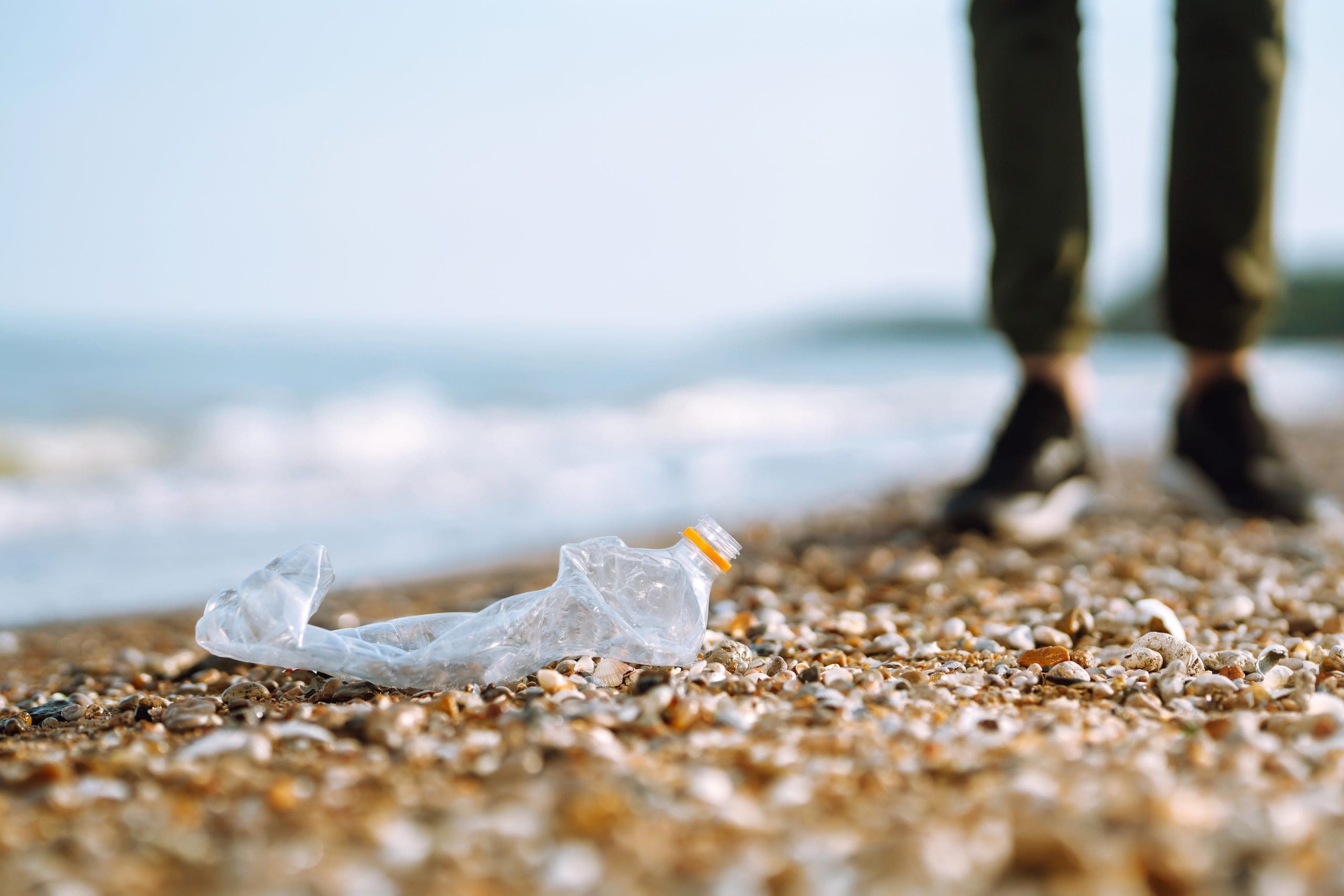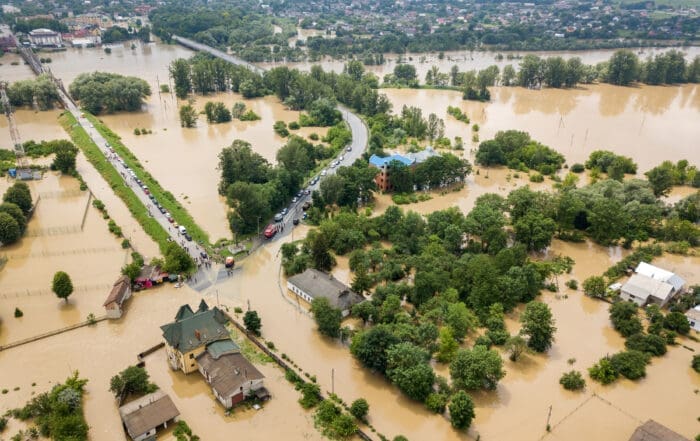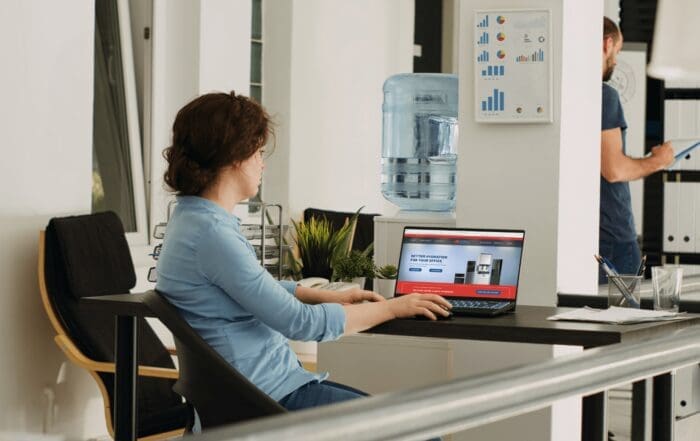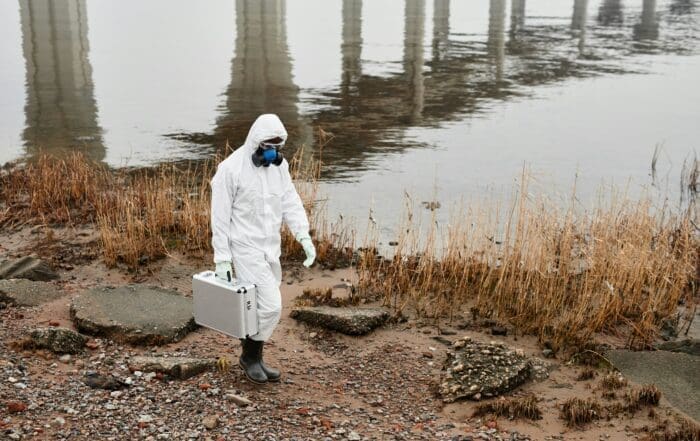
Navigating Plastic Pollution in Ocean-Front Cities
The image of trash-strewn beaches and clogged ocean gyres has become an unsettling fixture in the collective environmental landscape along many coastal cities across the United States. And Seattle, WA, is no exception. Plastics, a material once lauded for its versatility, have become a pervasive pollutant to our seas and our shorelines here on the West Coast.
It’s true that plastic pollution is something we should all be aware of, but are we also aware of solutions? As a company dedicated to the elimination of plastic bottles and jugs in the workplace, Artesian Bottleless Water is also dedicated to the education that comes along with plastic reduction and waste. So, come along as we traverse the depths of this issue, examining the nuances, the progress, and the potential for a plastic-free horizon in the cities bordering oceans. Our mission is to empower you, the eco-conscious consumer, to play a pivotal role in steering Seattle toward a more sustainable, plastic-resilient future.
Understanding the Tidal Wave of Plastic Pollution
An Oceanic Nemesis
Plastic pollution isn’t merely a blemish on the beach; it is an underwater epidemic. Several renowned organizations estimate that by 2050, there could be more plastic in the ocean than fish (by weight). The gravity of this prediction starkly contrasts the lightweight convenience plastics embodied at their inception.
The infiltration of plastics into the ocean wreaks havoc on coral reefs and fish populations, acting as a significant barrier to biodiversity. When plastics make their way into these fragile ecosystems, they do not merely float idly; they ensnare, suffocate, and poison marine life. Coral reefs, often referred to as the “rainforests of the sea” for their rich biodiversity, are particularly vulnerable. Plastics can smother coral reefs, blocking the sunlight necessary for their survival, and can introduce harmful pathogens. For fish populations, the ingestion of microplastics not only threatens their survival but also the health of the entire food chain, including humans who rely on seafood.
Furthermore, the infamous Great Pacific Garbage Patch, a swirling vortex of marine debris, starkly illustrates how extensively plastics can gather and persist. This massive accumulation of plastics, spanning millions of square kilometers, epitomizes the urgent need for global action against plastic pollution in our oceans.

The Visible Impact on Coastal Cities
A Closer Look at the Shoreline
In coastal cities like Seattle, the consequences of plastic pollution manifest starkly against the backdrop of natural beauty. Walking along the city’s beaches, it’s not uncommon to find the sand littered with a variety of plastics – from water bottles and plastic straws to forgotten beach toys and fragments of sea nets. Each item tells a story of a momentary convenience turned permanent environmental hazard.
These pollutants, however, are far more than eyesores. They represent a direct threat to marine life and, by extension, the ecological balance of our coastal regions. In Seattle’s case, Puget Sound becomes a collecting ground for plastic waste, affecting local marine species and birds. The sight of shorelines cluttered with plastic disrupts the natural allure of these areas, but more critically, it disrupts the habitats of countless creatures reliant on these ecosystems, including humans.
It’s a widespread issue that mirrors the global challenge we face. Similar scenes can be found along the coasts of California, where beaches that should be pristine are often peppered with debris after high tide. This pervasive problem underlines the urgent need for solutions that address not only the cleanup of existing pollution but also the prevention of future waste.
The Current State of Plastic Consumption
Pouring Plastic Like it’s Water
To comprehend the ocean-bound stream of plastic, it’s crucial to highlight the staggering statistics. Globally, we produce millions of tons of single-use plastic annually, a significant portion of which ends up in marine ecosystems. The equivalent of a garbage truck’s worth of plastic enters the ocean every minute.
The lifecycle of plastic, from production to disposal, is filled with environmental pitfalls. It begins with the extraction and processing of fossil fuels, which releases harmful greenhouse gases and pollutants into the atmosphere, contributing to climate change and air quality degradation. The manufacturing process itself is resource-intensive, consuming large amounts of energy and water. Once produced, the majority of these plastics are used to create disposable items that serve a fleeting purpose before being discarded.
The disposal stage presents its own set of environmental challenges. Only a small fraction of plastic waste is recycled globally, with the vast majority ending up in landfills or, worse, in natural environments. Plastics can take up to a thousand years to decompose, during which time they continue to leech toxins into soil and waterways. When plastics ultimately break down, they don’t biodegrade but instead fragment into microplastics, pervasive pollutants that end up in our oceans, food, and even drinking water, thus completing a toxic cycle from production to consumption and disposal.
This process underscores the need for drastic measures to reduce plastic production and consumption globally, shifting towards sustainable alternatives and closed-loop systems that prioritize the health of our planet from start to finish.

Riding the Wave of Existing Solutions
The Rise of the Anti-Pollution Arsenal
So, is there a solution to all this plastic? The battle against plastic pollution is not a lost cause. Innovations like biodegradable plastics, advanced recycling technologies, and large-scale clean-up efforts are gaining momentum. Here at Artesian, we also do everything we can to help companies go bottleless with an eco-friendly solution outside of pallets of bottled water and 5-gallon jugs. Additionally, organizations and individuals throughout Seattle are showing their commitment to the cause and are finding ways to not just stem the tide but reverse it.
Seattle, along with its neighboring coastal cities, has taken proactive steps toward mitigating the issue of plastic pollution, embodying the spirit of environmental stewardship. The city has implemented stringent waste management policies, including banning plastic bags and straws, which significantly reduces the volume of plastic waste. Furthermore, Seattle has invested in comprehensive recycling programs, encouraging residents and businesses alike to sort their waste responsibly, ensuring that plastics are recycled wherever possible.
In addition to policy initiatives, Seattle fosters a culture of community involvement in environmental conservation. Regular beach clean-up events are organized by local NGOs and community groups, rallying volunteers to clear plastics and other debris from the shorelines. These clean-ups not only help to protect marine life and ecosystems but also raise awareness about the scale of plastic pollution among participants.
Educational programs in schools and community centers highlight the importance of reducing plastic use and disposing of waste properly. These programs aim to instill a sense of responsibility towards the environment in both young minds and adults, creating a community dedicated to preserving their beautiful coastal city for future generations.
Local businesses, too, are joining the fight against plastic pollution, adopting sustainable practices such as offering incentives for customers who bring their own reusable items and phasing out single-use plastics in their operations. This collective effort by the city of Seattle and its residents showcases a commitment to not just stemming but reversing the tide of plastic pollution, setting an example for coastal cities worldwide.
Surfing through Consumer Choices
Small Waves, Big Impact
Empowerment also begins at the personal level. From reducing single-use plastics to supporting sustainable alternatives, we can all chart a course for proactive change. Here are a few ways individuals can contribute to the fight against plastic pollution in our oceans:
- Avoiding single-use plastics: By choosing reusable items like water bottles, shopping bags, and utensils, we can significantly reduce the amount of plastic waste entering our environment.
- Supporting businesses with sustainable practices: By choosing to support businesses that prioritize sustainability and minimize their use of plastic products, we can send a message that eco-friendly practices are essential to us as consumers.
- Properly disposing of plastic waste: Properly disposing of plastic waste, either through recycling or responsible waste management, helps prevent it from ending up in our oceans and natural environments.
- Educating ourselves and others: Raising awareness about the impacts of plastic pollution and educating ourselves and others about sustainable alternatives can inspire positive change in our communities.
Together, these small actions can make a big impact in the fight against plastic pollution. By choosing to ride the wave of existing solutions and making conscious consumer choices, we can create a cleaner, healthier future for ourselves and our planet. So let’s grab our surfboards and join the movement toward a plastic-free ocean.

Charting Our Course to a Cleaner Tomorrow
Whether you are an individual in Seattle, WA, or a business on the coast, action and collective efforts are imperative. Together, we can stem the plastic tide and resurrect our seas from the discordant notes of pollution to the symphony of sustainability.
Now, more than ever, the time has come to act. Our seas beckon with untold treasures, beauty, and life. But that life is at risk with all of our plastic. So, if you’re looking for a way to ensure your company doesn’t add to the problem, start with a bottleless water and ice cooler from Artesian Bottleless Water. We have a great selection of units for offices of all sizes, giving you peace of mind that your company can eliminate single-use bottles and 5-gallon jugs from circulation. Don’t wait! Now’s the time to act. Start your FREE 7-day trial today.



